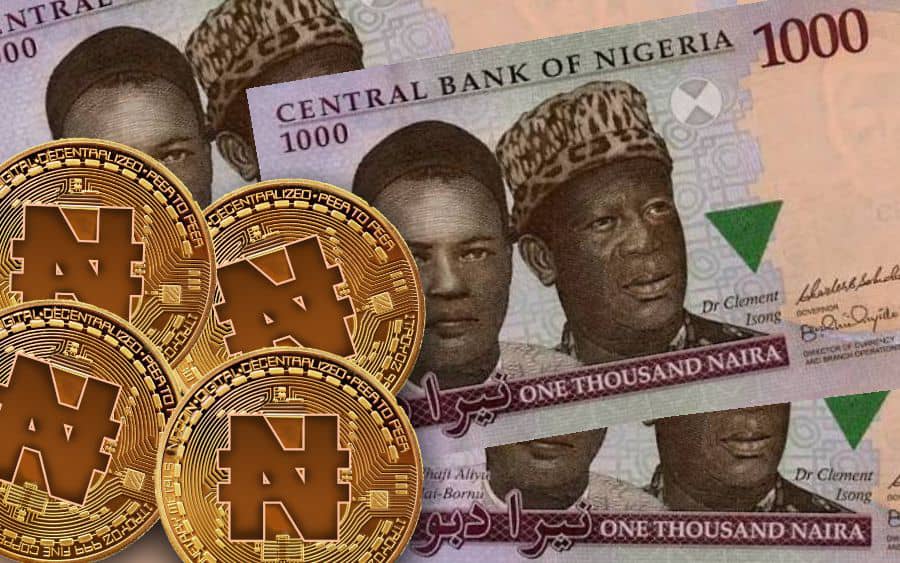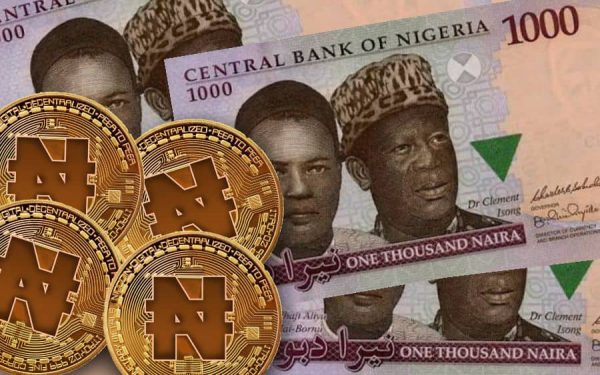With the rapid advancement in technology, especially in the financial sector, it has come as no surprise that the world has seen a rapid surge in e-payment channels.
Read more about FinTech
Digital money is defined, in basic terms, as the alternative for cash. It’s digital, therefore it’s not a physical entity. There has been a surge in the number of transactions making use of digital currency—as of 2020, over 2 billion electronic transactions were performed in Nigeria; a 77% leap from the 1.14 billion performed the year before.
The stats show that electronic transactions are the future and businesses are already beginning to adopt the idea; after all, the idea of paying for a service without the need for cash is more convenient and faster.
Businesses have been able to incorporate digital payment methods for their businesses— like the implementation of blockchain technology by the Lagos-based OneWatt Solar company.
Electronic transactions are becoming more coming with the passing of each year and the development of better technology.
Several Tech companies have begun to take leaps like that, so what does that say about Nigeria and her economy, and the battle to get a grip on cryptocurrency (e-money)?
Sign up to the Connect Nigeria daily newsletter
The vice President of Nigeria argues that cryptocurrency should be regulated and not banned. It comes down to acknowledging and accepting the advancement of the technology and then utilising it.
Unlike e-money, cryptocurrencies are not governed by a centralised authority. This is one of the major reasons the CBN looks to implement digital Naira over the use of cryptocurrencies.
Also, CBN points out that about 80% of central banks worldwide are exploring issuing digital currencies, so that basically means their idea to roll one out makes sense, at least from that perspective.
Effective plans are already being made and CBN says it will launch its digital currency on October 1.
The creation of government digital currencies (e-naira) aims to allow other e–commerce and online platforms to bypass conventional lenders when depositing funds directly with the Central Bank, although there will most likely be a huge learning curve and perhaps, some friction while adopting a digital currency for the nation.
Featured Image Source: Nairametrics
Got a suggestion? Contact us: [email protected]


